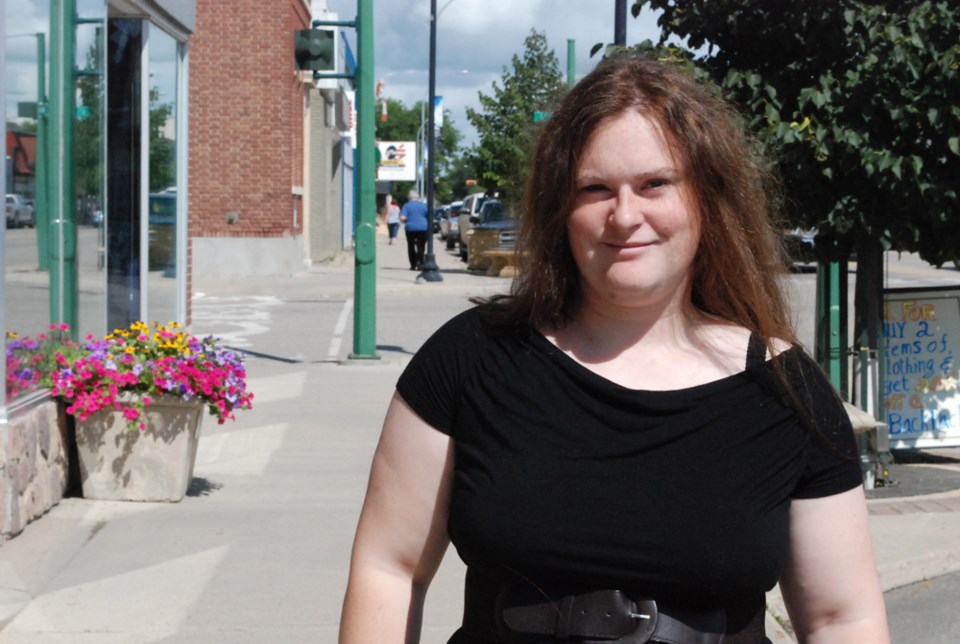I know what you are going to say.
I am sure many other women, and in some cases even men, have heard the same.
Well I am through with hearing people say, suck it up, when someone says they were harassed.
For me, it happened at the post office.
I was wearing a skirt, which I think is relevant information.
I was kneeling down getting mail which I also think is relevant information.
To a man coming in to get his mail, this was open invitation to walk up and ask me, ‘are you on your knees praying for sex?’
Being a little shocked, I did not know what to say, which seemed to cause the man to storm off in a huff.
Whatever. I can take it.
I know a lot of women who have gone through far worse.
What I cannot take is the fact that this man thought this was okay.
I did not know this man, but even if I did, how is this acceptable behaviour?
I am calling this man out today because we need people to speak out on sexual harassment.
I am not writing this today to blame men and victimize women.
I know some men that see no problem in catcalling. I know some men who agree that provocatively dressed women deserve rape in some way.
I have met many women who think the same.
But for me, I have gotten to the point where I am through being silent.
I do not care if this article makes people uncomfortable.
No one should feel like they cannot talk about their experience because the subject is too taboo to talk about.
I have much admiration for Deborah Bryson-Sarauer who worked for the mental health division of the Central Plains Health District before it became the Saskatoon Health Region and was a founding member of Partners for Rural Family Support, which is now PARTNERS Family Services, after she received a call about an abused woman with no where to go.
She contributed to a study done on rural areas about abused women called, Policy From the Ground Up: Rural Services For Survivors of Woman Abuse, in the summer 2001 edition of Centres of Excellence for Women’s Health Research Bulletin.
When it comes to statistics, Statistics Canada does not distinguish between urban and rural abuse.
When it came to rural areas, Bryson-Sarauer was on the front lines of it, and says, via the report, abuse is very easy to hide.
“These women had been subject to psychological and verbal abuse that ranged from name calling to death threats, and physical abuse from pushing to vicious beatings that resulted in hospitalization, yet the silence and lack of support around them contributed to their belief that the abuse was normal and their fault,” says the report.
It is reaching 15 years since this report came out and we are doing better. The Walk a Mile event, the strength of PARTNERS Family Services. Rural women have a place to go.
It should still be said loud and clear, whether it is women, men, children, family members, whether at home or at school or at work: no one should be made to feel like abuse is their fault.
However, I see more focus on helping the survivors instead of addressing the root of the problem; people who think there is nothing wrong with abuse.
Voices need to be heard telling harassers and abusers that this is not okay.
This subject should no longer be taboo.
We should no longer be keeping silent, afraid of making people uncomfortable by talking about harassment and abuse.
Instead of having a world where survivors continue to emerge and need support, raise children who do not create survivors.
Teach boys and girls that mistreating another human being is not acceptable.
I wish I would have known what to say to this man at the time but if I could go back and relive this situation, I would tell him that that was sexual harassment and it is not okay.




